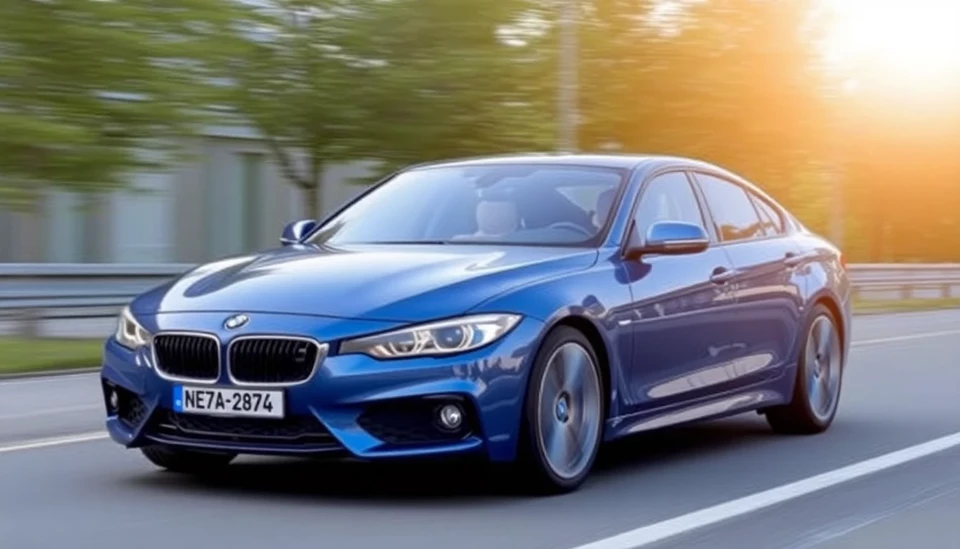
In a significant move that could reshape the automotive industry's compliance landscape, the European Union is contemplating a new proposal that aims to shield car manufacturers from stringent fines associated with excess greenhouse gas emissions. This initiative comes at a time when many automakers are grappling with the high costs of transitioning to greener technologies while still meeting regulatory standards.
The proposal, which is currently under discussion, could provide a temporary respite for car manufacturers who are struggling to lower their carbon outputs in accordance with the EU’s ambitious climate goals. Under the existing framework, carmakers could incur hefty fines if they exceed the stipulated emission targets set for 2025. As many companies face delays in their transition to electric vehicles, these fines could amount to billions of euros.
As reported, the European Commission is aware of the challenges facing the industry amidst a rapidly changing market and escalating consumer demand for electric and hybrid vehicles. Executives from major automotive firms have raised concerns about the practicality of adhering to the strict deadlines imposed by EU regulations, especially with the rising costs of battery production and supply chain disruptions stemming from geopolitical tensions.
The proposed amendments to the regulation may include additional leniency periods or alternative compliance mechanisms designed to ease the financial strain on manufacturers. This could potentially aid companies in avoiding punitive measures while encouraging investments into cleaner technologies without the immediate fear of penalties.
Industry representatives and environmental advocates are closely watching the developments surrounding this proposal. While some argue that easing emission targets could undermine the EU's commitment to climate action, others stress the need for a balanced approach that considers the economic realities faced by the automotive sector.
In recent years, the EU has taken a hard stance on climate change, implementing aggressive policies aimed at reducing carbon dioxide emissions across all sectors. However, in light of the challenges presented by the transition to electric vehicles, the EU may be compelled to recalibrate its tactics to ensure that the automotive industry remains viable while still working towards environmental targets.
As discussions progress, the European union faces the dual challenge of fostering innovation within the automotive sector while adhering to its climate commitments. Stakeholders are eager to see how this proposal evolves in the coming months, especially as the deadline for compliance draws nearer.
The outcome of these deliberations could set a precedent for future regulations not only in Europe but also globally, influencing how automotive markets adapt to the pressing need for sustainable practices.
#EU #Carmakers #Emissions #GreenTechnology #ElectricVehicles #ClimateChange #AutomotiveIndustry
Author: Sophie Bennett




